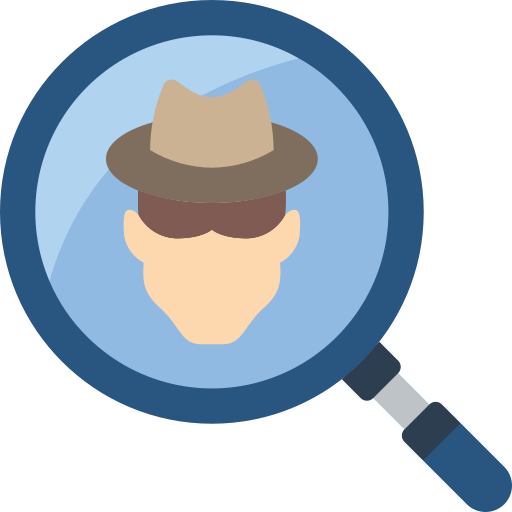Is Facebook one of the things that you use frequently? One thing that has an enormous impact on economics is how information travels through society. In this day and age, the biggest names in social media, such as Twitter, Facebook and Instagram are heavy hitters when it comes to forming the information super highway.
In the following series of articles, we will examine the following things:
> What is economics, and why is it significant? > The differences between microeconomics and macroeconomics. > The use of economic models and theories by economists for purposes of analysis and comprehension of economic topics. > The organization of economies and the variety of different economic systems that exist and have existed throughout the world.
Example of Decisiveness:
Should we post or not post? Every single day we run into simple issues that require us to make a decision either one way or another, and among these include what to eat for breakfast, lunch or dinner, to which streets to take to class or to work, to more complicated decisions, such as “Should I do a double major and add an additional semester to my education?” How we respond to these situations largely depends upon the circumstances as well as the access to available information that we can retrieve at that particular moment: This information is often referred to as “imperfect” by economists, as we seldom have all the data we require in order to make the highest quality decisions available to us. Despite the fact that we do not have all the data required, we are still able to process the information we already have and make hundreds of decisions per day.
Now, we have another available means through which we can collect information and that means is social media. Social media outlets such as Facebook and Twitter have adjusted the procedures that we use in order to make certain choices, how we use our time, what movies or TV shows we decide to watch next, what things we buy, and many other changes. For example, what percentage of you go on to choose a university without first looking at it’s Facebook page or Twitter feed to see the type of information it posts as well as whether they provide feedback to your questions as well as to those of others.
As you will realize in these series of articles, how economics and economic markets are affected largely depends upon the dessimination of information in a society, such as how fast information travels through the social media platform Facebook. “Economists love nothing better than when deep and liquid markets operate under conditions of perfect information,” states Jessica Irvine, National Economics Editor for News Corp Australia.
This takes us the inevitable path of confronting the purpose of these series of articles, which is an introduction to the realm of decision making, information processing and parsing, and understanding behavior when it comes to the markets – this is all within the realm of economics. Each segment of different articles in these series of articles will begin with a reference and commentary into current and sometimes past events, at the end of each segment in order to try and bring the concepts learned here into a more practical sort of use.
What is economics and why is it worthwhile to devote your time to studying it? There are surely other things you could be doing with your time, including studying other fields. We we’ve seen the Example of Deciseveness, economists study how people make choices, and the choice for you to read these series of articles and study more about economics can also be considered an economic choice.
Economics might not be what you envisioned it would be. It is not mostly about money or finance, business or mathematics. So how can we define economics? It is both a way of perceiving the world as well as an discipline or area of study in it’s own right.

